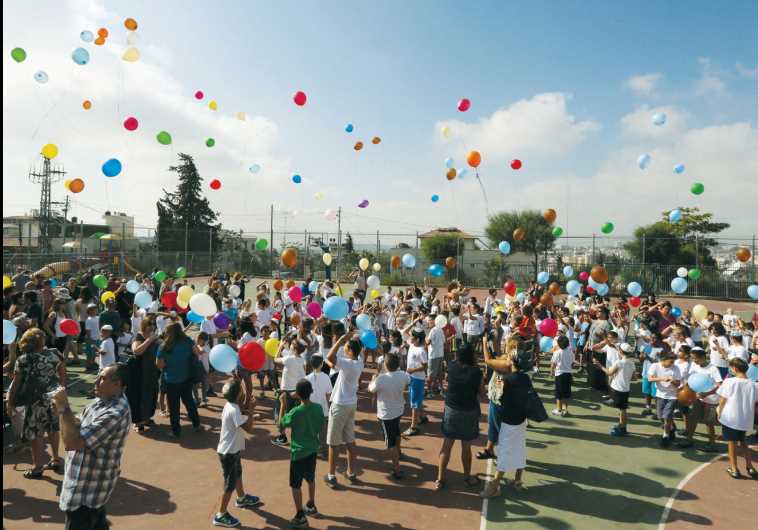Tolerance: A home run
Jewish and Arab boys represent Jerusalem in an international running event, despite earlier violence engulfing the city.
 Children on the first day of school in Jerusalem, 2014.(photo credit: MARC ISRAEL SELLEM/THE JERUSALEM POST)
Children on the first day of school in Jerusalem, 2014.(photo credit: MARC ISRAEL SELLEM/THE JERUSALEM POST)